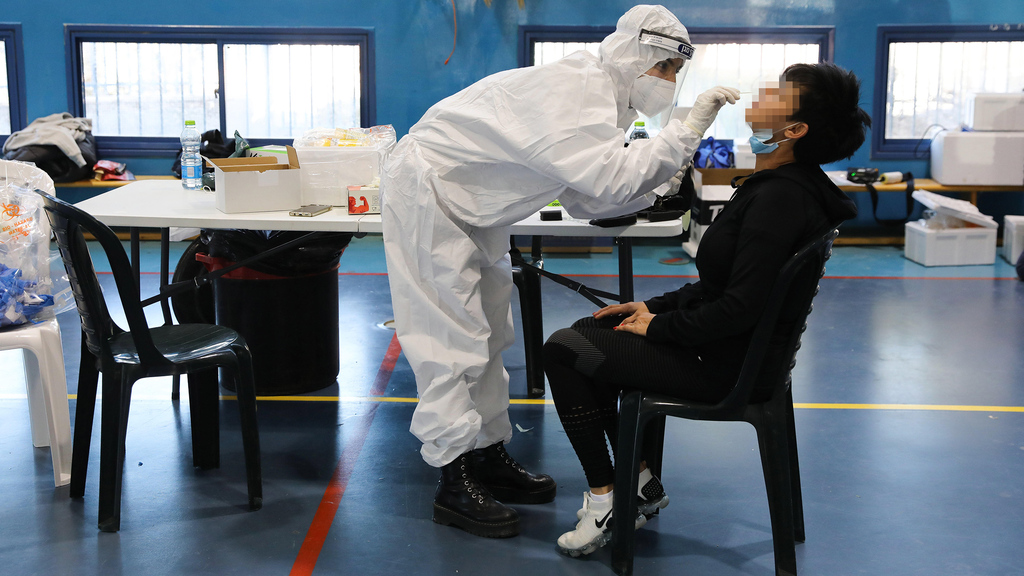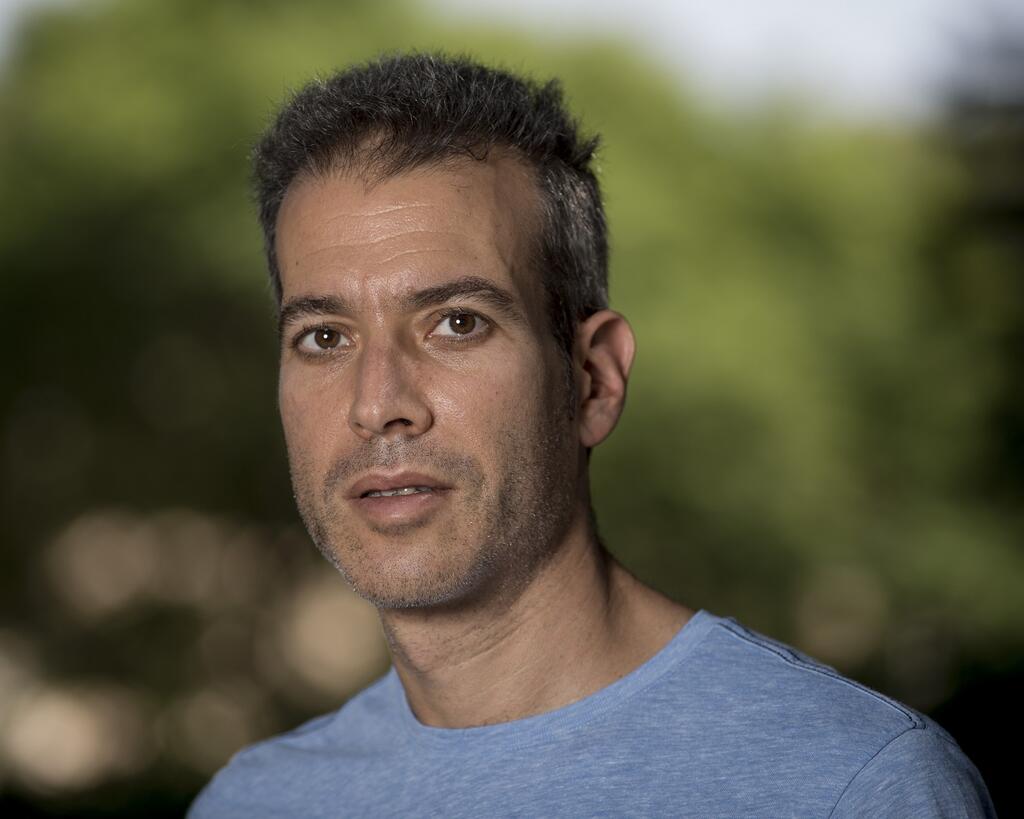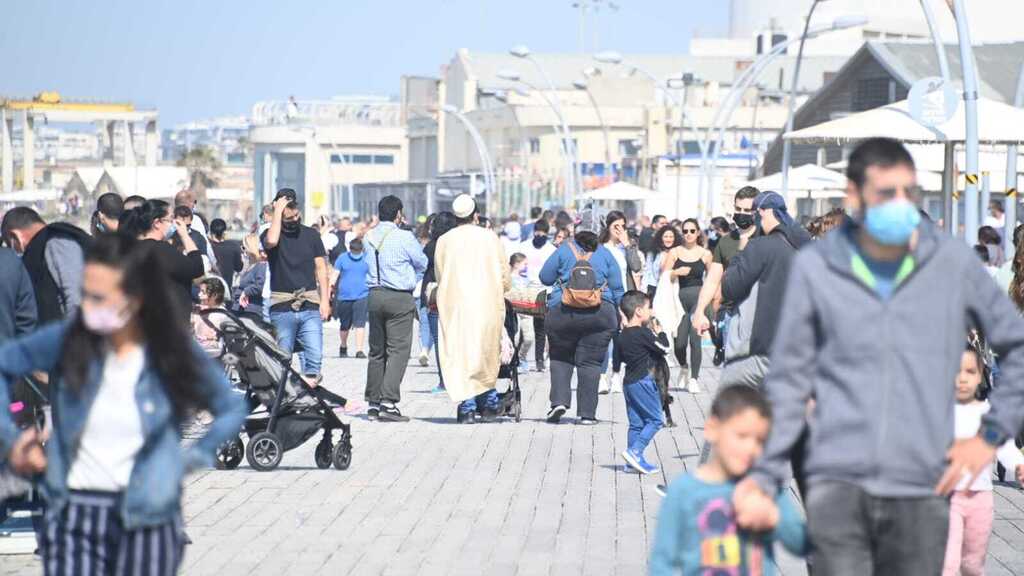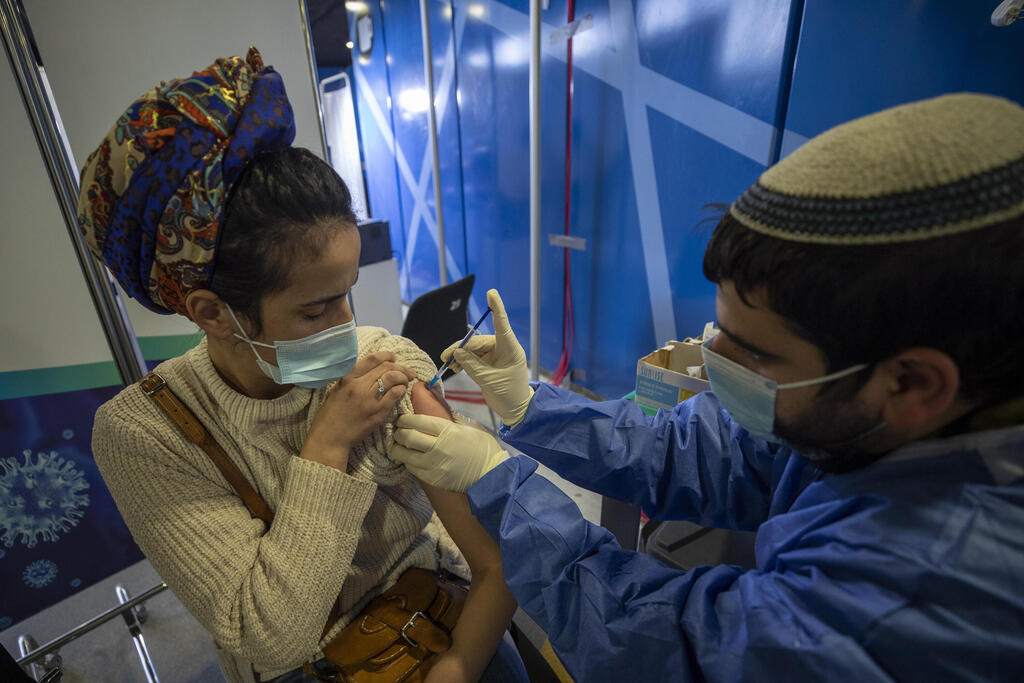A senior health expert said Sunday that as Israel continues to reopen its economy, a fresh surge in coronavirus infections is expected in March, but the new virus wave will likely bring less serious cases.
Israel began reopening the economy last week, with malls and shopping centers opening the gates to the public after months of closure. The economy is set to almost fully reopen by March 9, just two weeks before the election.
"Already in January, we said that March will see a rise in infections, but due to the vaccines, we will see less serious patients," Prof. Eran Segal, who developed Weizmann Institute's prediction model for the spread of coronavirus in Israel, told Ynet.
"This week, we saw a rise in the virus' reproduction number (R), along with a decline in new serious patients - a drop of about 20%. There are now about 750 patients. We think this decline will continue in the near future."
Segal said that Israel is in the midst of the "vaccine age" and it should be taken into consideration when making any estimations.
He also noted that a report by the IDF Intelligence Directorate showed the vaccines are 88% effective in bringing down the infection spread, but effectiveness was only recorded while a mandatory policy of mask wearing and social distancing was still in place.
"If we will see any serious change in the public's adherence to restrictions, we risk losing this effectiveness," he warned.
Segal added that in light of the continued drop in new cases and with most of the population over 16 having received at least one dose of the vaccine, the country's herd immunity is being improved day by day. He said the plans to continue gradually reopening the economy should stay as they are.
"It is possible that the vaccines are capable of counterbalancing the increase in the R number as a result of the economy's reopening," he said. "Before the vaccination drive, about 70% of serious patients were over 60 and now it completely turned around - over 70% of hospitalized patients are under 60."
He also stressed that immunity must be build up among the younger population.
Segal added, however, that the R numberin the Arab sector stands at 1.12 - higher than the same figure in the general population.
"Over the past week we have seen a small rise in serious cases in the Arab community," he said, noting that one of the reasons is a low vaccination turnout in the sector.
Segal said that such a trend, if it continues, could jeopardize any reopening within the sector.





